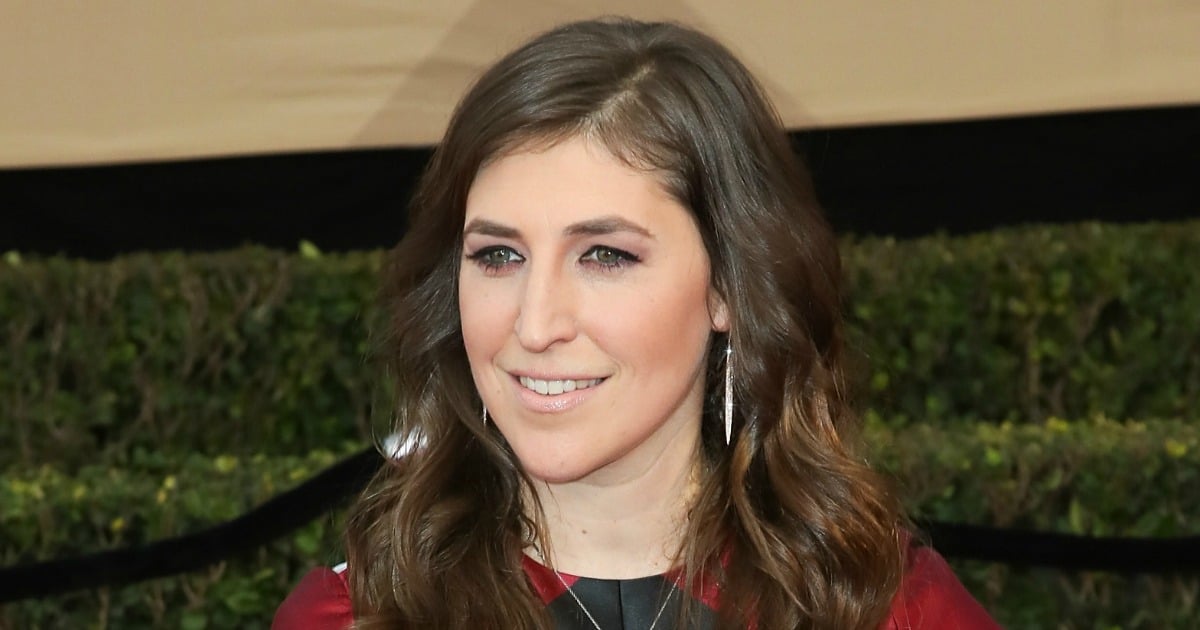Oh, how I pity the poor person learning the English language.
A veritable booby-trap of confusion in regards to spelling, pronunciation, and meaning; the majority of the English language makes no bloody sense. As J. Gustave White pointed out, “Our language is funny – a ‘fat chance’ and a ‘slim chance’ are the same thing.”
But one slip up is all of our own doing, and has been called out by actress and neuroscientist, Mayim Bialik: stop calling ‘women’, ‘girls’.
In a passionate video uploaded by Bialik to her Facebook page, she puts forth the argument that whether we recognise it or not, using the term ‘girl’ for a grown woman can have seriously detrimental effects. And with the video on 7.8 million views and counting, clearly she has struck a nerve.
“I’m going to be annoying right now, because I want to talk about something that a lot of people don’t want to talk about,” says Bialik as she opens the video.
“Sorry folks, I have to do this: we have to stop calling women, girls. Why? Because it matters what we call people. Language matters. Words have meaning! And the way we use words changes how we see things in our mind.”
The Big Bang Theory actress has a PhD in neuroscience, and references the ‘Sapir Whorf’ theory in her video, which is a theory that suggests that the structure of a language affects the speaker’s understanding of the world around them. That is, the way we refer to things, and the emotional response it evokes.
Like she says, “…it’s science.”



Top Comments
How about including a link to the video you talk about in your article
I'll quote Cat Grant from Supergirl, after Kara got all huffy about her being named "Supergirl" being anti-feminist...
"And... what do you think is so bad about, 'girl?' I'm a girl. And your boss... and powerful... and rich... and hot... and smart. So, if you perceive 'Supergirl' as anything less than excellent, isn't the real problem... you?"